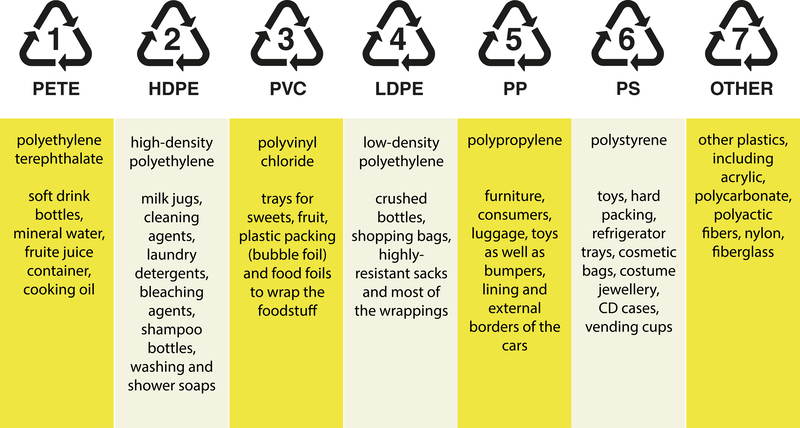The Perils of Incorrect Waste Disposal on the Environment
In today's rapidly advancing world, the issue of waste management has become more pressing than ever. The adverse consequences of incorrect waste disposal ripple through ecosystems, human health, and the economy. This comprehensive article explores these challenges, offering you a detailed overview of the importance of responsible waste management.
The Importance of Proper Waste Disposal
Proper waste disposal is crucial in maintaining a healthy environment and ensuring sustainable growth. Here's why it matters:
- Prevention of Environmental Pollution: Correct disposal methods prevent hazardous substances from seeping into the soil, air, and water bodies.
- Conservation of Resources: Recycling and reusing materials reduce the demand for raw materials, conservating natural resources.
- Community Health: Proper waste management mitigates the breeding of pests and the spread of diseases, promoting a healthier population.
Understanding Incorrect Waste Disposal
Incorrect waste disposal involves the improper handling and deposition of waste materials. This includes activities such as littering, open dumping, and the burning of waste, all of which pose serious threats to the environment.
Categories of Waste Affected by Improper Disposal
- Organic Waste: Includes food scraps and garden waste. Improper disposal leads to methane emissions, a potent greenhouse gas.
- Plastic Waste: Difficult to decompose, plastic accumulates in natural habitats, causing significant harm to wildlife and ecosystems.
- Electronic Waste: Contains heavy metals harmful to both health and the environment, requiring responsible recycling processes.
- Hazardous Waste: Comprises toxic industrial chemicals and items like batteries and paints that demand safe handling procedures.

The Adverse Effects of Incorrect Waste Disposal
The ramifications of inappropriate waste disposal practices are both extensive and severe:
Environmental Impact
- Soil Contamination: Hazardous chemicals from waste seep into the soil, altering its nutrient composition and affecting plant growth.
- Water Pollution: Waste materials find their way into waterways, leading to the contamination of oceans, rivers, and lakes.
- Threat to Marine Life: Oceanic waste, particularly plastics, harms marine animals through ingestion and entanglement.
Impact on Human Health
People exposed to environments plagued by incorrect waste disposal face numerous health threats:
- Respiratory Problems: Burning waste emits harmful toxins, like dioxins, which cause respiratory ailments.
- Spread of Disease: Piles of unmanaged waste provide ideal breeding grounds for pathogens, insects, and rodents.
- Waterborne Diseases: Contaminated water supplies lead to outbreaks of diseases such as cholera and dysentery.
Economic Consequences
The economic fallout from incorrect waste disposal cannot be understated. Key issues include:
- Cost of Clean-up Operations: Allocating resources for cleanup and remediation absorbs significant public funds.
- Tourism Impact: Littered environments deter tourists, impacting local economies reliant on tourism.
- Agricultural Loss: Soil pollution diminishes crop yields, affecting food supply and farmers' livelihoods.

Strategies to Combat Incorrect Waste Disposal
Addressing the challenges of improper waste disposal demands a multifaceted approach:
1. Educational Initiatives
Education is paramount in shaping public behavior towards waste management. Implementing workshops and school programs raises awareness about recycling and the importance of correct disposal practices.
2. Enforcement of Regulations
Governments must enforce stricter regulations against illegal dumping and littering. Fines, surveillance, and community service can act as deterrents against indiscriminate waste disposal.
3. Investing in Waste Management Infrastructure
Investment in efficient waste management systems, such as recycling facilities and waste-to-energy plants, is crucial in reducing landfill use and promoting sustainable waste treatment processes.
4. Community Involvement
Involving local communities in waste management empowers citizens to take collective action. Clean-up drives and community-led recycling initiatives can significantly improve local waste practices.
Conclusion
The perils of incorrect waste disposal cast a dark shadow over our environment, health, and economy. As responsible inhabitants of Earth, it is imperative that we prioritize sustainable waste management practices. With concerted efforts from individuals, communities, and governments, we can minimize ecological damage and pave the way for a greener future.
By actively engaging in and promoting the right waste disposal techniques, we can secure a healthier planet and a more sustainable future for generations to come.
In conclusion, the battle against improper waste disposal starts today--with you and us.